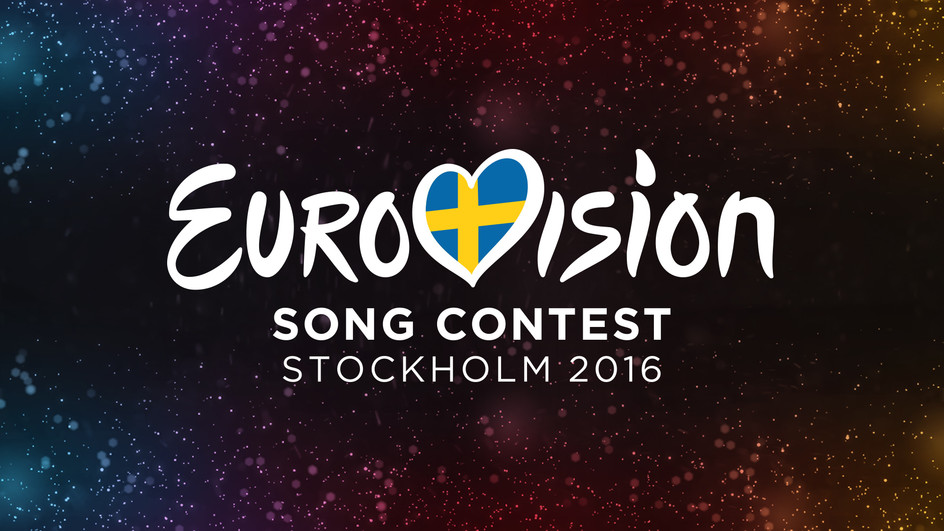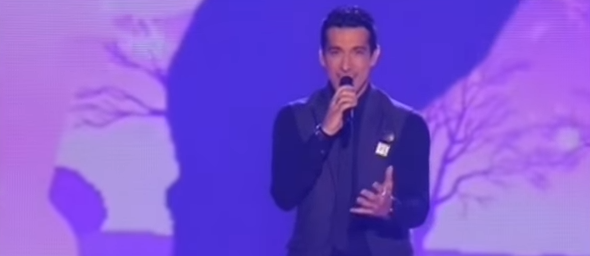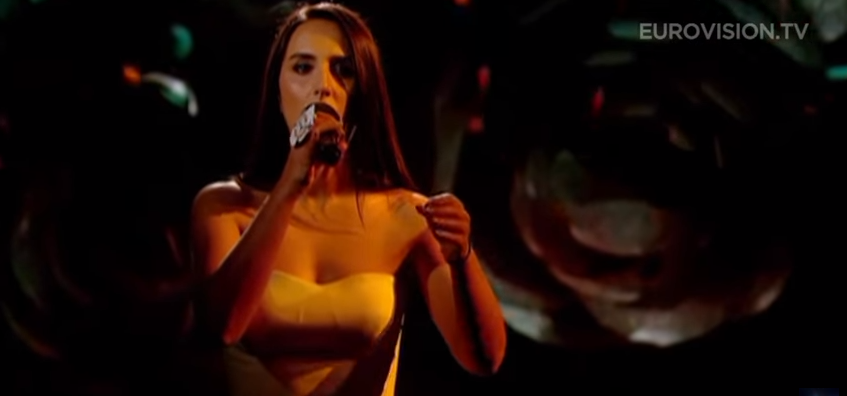 Eurovision Song Contest has served as a platform to strengthen both national and European identities and embrace diversity throughout every nation for over 60 years. The show’s vast influence expands to an audience of approximately 180 million people all over the world. Its expansive reach has not only sparked the careers of various performers, it has also allowed for the television program to have social, political, and cultural influence.
Eurovision Song Contest has served as a platform to strengthen both national and European identities and embrace diversity throughout every nation for over 60 years. The show’s vast influence expands to an audience of approximately 180 million people all over the world. Its expansive reach has not only sparked the careers of various performers, it has also allowed for the television program to have social, political, and cultural influence.
The televised contest does have strict rules; songs that promote political messages are disqualified from entry. In 2009, the song “We Don’t Wanna Put In” was the Georgian entry. The song contained negative political references to Vladimir Putin, the Prime Minister of Russia, and provided a critical Georgian perspective on the war between Georgia and Russia in 2008. Because of the song’s strong political message and references, the European Broadcasting Union ruled that the song would have to be rewritten or a new song would have to be chosen. Georgia did not comply with this ruling, and therefore withdrew from the 2009 Eurovision Song Contest.
Despite this, many countries have still used songs to indirectly address political tensions and social issues and catalyze activism. In 1998, a transsexual Israeli, Dana International, won the Eurovision Song Content. Her win was seen as a victory for human rights and equality and a huge breakthrough for trans visibility. Dana International’s performance was important not only because of its impact on LGBT issues, but it demonstrated the power the Eurovision competition could have to sway public opinion on social issues in a wider context.
 Last year, Armenia’s entry was a power ballad entitled “Don’t Deny.” The 2015 Eurovision Song Contest coincided with the 100-year anniversary of the Armenian Genocide. While the head of Armenia’s Eurovision Delegation, Gohar Gasparyan, said the song was “about love, unity and peace: the family as a symbol of humanity, alternation of generations, the bird as a symbol of peace, the keeper of the national values and tradition,” many speculated that the song was aimed at Turkey, who continues to deny the Armenian Genocide. While the song drew some controversy due to its political interpretation, the Armenian Delegation chose to keep the lyrics to the song and changed only the title to “Face the Shadow.” This decision was a response to Turkish and Azerbaijani claims that Armenia was politicizing the music contest. A petition had been launched by Eurovision’s Turkish fans calling for Armenia’s disqualification. The Armenian performance kickstarted an international conversation about the Genocide and Turkey’s continued denial.
Last year, Armenia’s entry was a power ballad entitled “Don’t Deny.” The 2015 Eurovision Song Contest coincided with the 100-year anniversary of the Armenian Genocide. While the head of Armenia’s Eurovision Delegation, Gohar Gasparyan, said the song was “about love, unity and peace: the family as a symbol of humanity, alternation of generations, the bird as a symbol of peace, the keeper of the national values and tradition,” many speculated that the song was aimed at Turkey, who continues to deny the Armenian Genocide. While the song drew some controversy due to its political interpretation, the Armenian Delegation chose to keep the lyrics to the song and changed only the title to “Face the Shadow.” This decision was a response to Turkish and Azerbaijani claims that Armenia was politicizing the music contest. A petition had been launched by Eurovision’s Turkish fans calling for Armenia’s disqualification. The Armenian performance kickstarted an international conversation about the Genocide and Turkey’s continued denial.
 This year, Ukraine’s entry has raised controversy. The song “1944” addresses the deportation of 240,000 Crimean Tatars to Central Asia by Joseph Stalin in 1944. Between 20 and 50 percent of those deported died within the first two years of deportation. On November 11, 2015 the Ukraine parliament adopted a resolution that recognized the mass deportation of Crimean Tatars to Central Asia as genocide and declared May 18 as a Day of Remembrance for victims. The song opens with the lyrics: “When strangers are coming. They come to your house, they kill you all and say ‘We’re not guilty. Not guilty.’” Despite this unequivocal message to Russia, the European Broadcasting Union has decided that the song’ content is historical rather than political and does not break any rules.
This year, Ukraine’s entry has raised controversy. The song “1944” addresses the deportation of 240,000 Crimean Tatars to Central Asia by Joseph Stalin in 1944. Between 20 and 50 percent of those deported died within the first two years of deportation. On November 11, 2015 the Ukraine parliament adopted a resolution that recognized the mass deportation of Crimean Tatars to Central Asia as genocide and declared May 18 as a Day of Remembrance for victims. The song opens with the lyrics: “When strangers are coming. They come to your house, they kill you all and say ‘We’re not guilty. Not guilty.’” Despite this unequivocal message to Russia, the European Broadcasting Union has decided that the song’ content is historical rather than political and does not break any rules.
While “1944” does not directly address recent tensions between Russia and Ukraine as a result of Russia’s 2014 annexation of the Crimean peninsula, the song certainly creates a space to discuss human rights violations on the peninsula and resulting consequences. The song also creates a dialogue to discuss the relationship between pop culture and traumatic memory. How soon is too soon? The withdrawn Georgian entry from 2009 was seen as too political, likely because it addresses an event that happened the previous year and current tensions. Pop culture has been a growing platform to discuss human rights abuses and has made the conversation more accessible to an increasing number of people around the world. Can it be used to discuss recent and ongoing atrocities? Eurovision Song Contest creates a unique platform where it lets contestants paint an entire picture through song. Can and should other pop culture mediums replicate this?
Alexandra Steinkraus is an undergraduate student at the University of Minnesota, pursuing a degree in Global Studies with concentrations in East Asia and Human Rights and Justice. Her areas of academic interests include media representations of crimes against humanity, global refugee policy, sociology of foreign media in North Korea, and the United Nations.

Comments